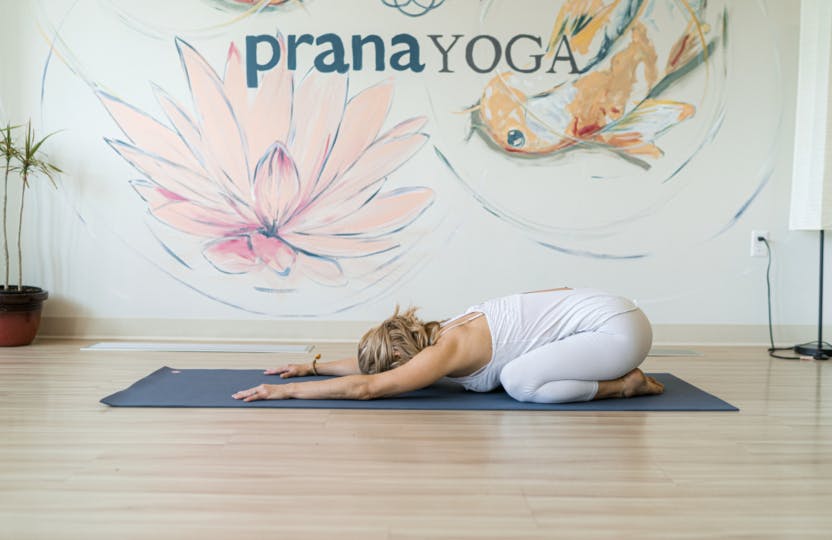
What is Self-Love?
Share
True self-love comes from a place of connection and love to all sentient beings. This means that self-love begins with kindness, gentleness, and non-violence. The word for non-violence is Áhimsa, in Sanskrit. Some questions we may want to reflect on are: What is it like to really love and be loved? What is it like to live our lives with true gentleness and respect for all living things?
I heard a quote from Marianne Williamson recently. She said, the ego-mind is self-hatred masquerading as self-love. I instantly guarded myself from taking in such a strong statement. Then I took a few moments to let it sink in. I sensed this in my gut relative to unhealthy boundaries. Many times, we either have very strong boundaries formed around our ego causing us to judge others and keep them at a distance. We may call this standing strong and defending “our truth” and think that this self-love. Or, we may not have good boundaries at all taking on other people’s emotions or actions as our own. Then later we may indulge ourselves, and call it self-love. Have you ever eaten the chocolate or drank the wine because you deserve it for putting up with others? Is this really self-love? It’s not the chocolate or wine that is bad, rather how we are taking it in.
True self-love is complete within the other.
It is compassionate, forgiving, and mindful. It always comes from an idea of unity that is beyond our ego or selfish mind. In relationship to boundaries, healthy boundaries are recognizing that I am not responsible for other’s emotions; but I can be present with them. Healthy boundaries means that we can discern our moment-to-moment right action and understand that everyone is operating from a different vantage point, having their own truth. Studies have shown that people with healthy boundaries are more compassionate. True compassion lies behind the ego and reflects our spiritual nature and interconnectedness. Self-love cannot be planned or willed, but it can be revealed in the moment with kindness and respect(Áhimsa).
One Ayurvedic practice that we use for self-love is warm oil massage. This is called abhyanga massage. In the morning, we apply a generous amount of warm herbal infused oil (according to your dosha) massaging the oil towards the heart in long strokes on the long bones and circular patterns around the joints. In ayurveda, the word for oiling is Sneha, which also means love.
Once, on retreat in Costa Rica, I led a small group into the practice of Abhyanga massage before our morning practice. I took a bathroom break while they continued their massage. Upon my return as I approached the top of the stairs, I witness them dropping into prostration, one by one, without any instruction as they completed their nourishing massage. I stood behind them watching them all in a deep meditate state of prayer. It was a beautiful site, of deep reverence. What else could have completed such a loving practice? It was perfect. self-love as self-reverence, a deep respect for our highest Self, our Source of All.
Pranam and Peace this December.